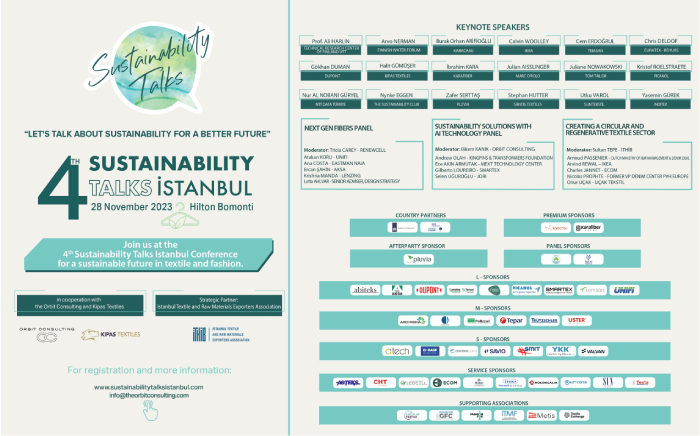Companies and companies below them in the supply chain will now have to report on what they are doing to manage their supply chains in terms of sustainability and ethical trading which is a great step for humanity. It is pretty obvious why companies should prioritize Corporate Social Responsibility. It is because people are becoming more aware, they are becoming more conscious of these issues and they are holding corporations accountable for effecting social change with their business beliefs, practices and profits. In fact, it is uncommon for some consumers to even turn their back on favorite companies if they believe that they are not taking a stand for societal, environmental issues.
Consumers consider more than quality goods and services when choosing a brand.
They also looking at where those goods are sourced from.
“A robust CSR program is an opportunity for companies to demonstrate their good corporate citizenship… and protect the company from outsized risk by looking at the whole social and environmental sphere that surrounds the company.” -Jey Boynton Vice President of 3BL Media
If we take an example of the textile industry just to sort of paint a picture you have costumers at the end and raw material suppliers supplying to textile plants that spin, wave, dye, print textile which then gets sent to apparel plants on to distribution centers retail store and finally to end user to us. You can imagine some companies have hundreds and hundreds of suppliers and it is a challenge to demonstrate and to check the performance of these suppliers. There obviously various standards and guidelines like SEDEX - SMETA, which is supply ethical data exchange database is a worldwide platform for the exchange of information and ethically sustainable production in the supply chain. SMETA is the auditing guideline.
Some large organizations around the world got together and created Ethical Trading Initiative .They focused on UN Global Impact guiding principles but what criteria or what code of practice are they going to apply. What is the minimum expectation if we go to a supplier and audit them, what is the baseline of human rights and ethical practice? ETI Base Code of labor practice, which is based on the standards of the International Labour Organisation (ILO). The ETI works out the most effective steps companies can take to implement the Base Code in their supply chains. It covers that employment is freely chosen, freedom of association, working conditions are safe and hygienic, child labor shall not be used, living wages are paid, working hours are not excessive, no discrimination is practiced, regular employment is provided, no harsh or inhumane treatment is allowed.

 Back to Blog
Back to Blog











